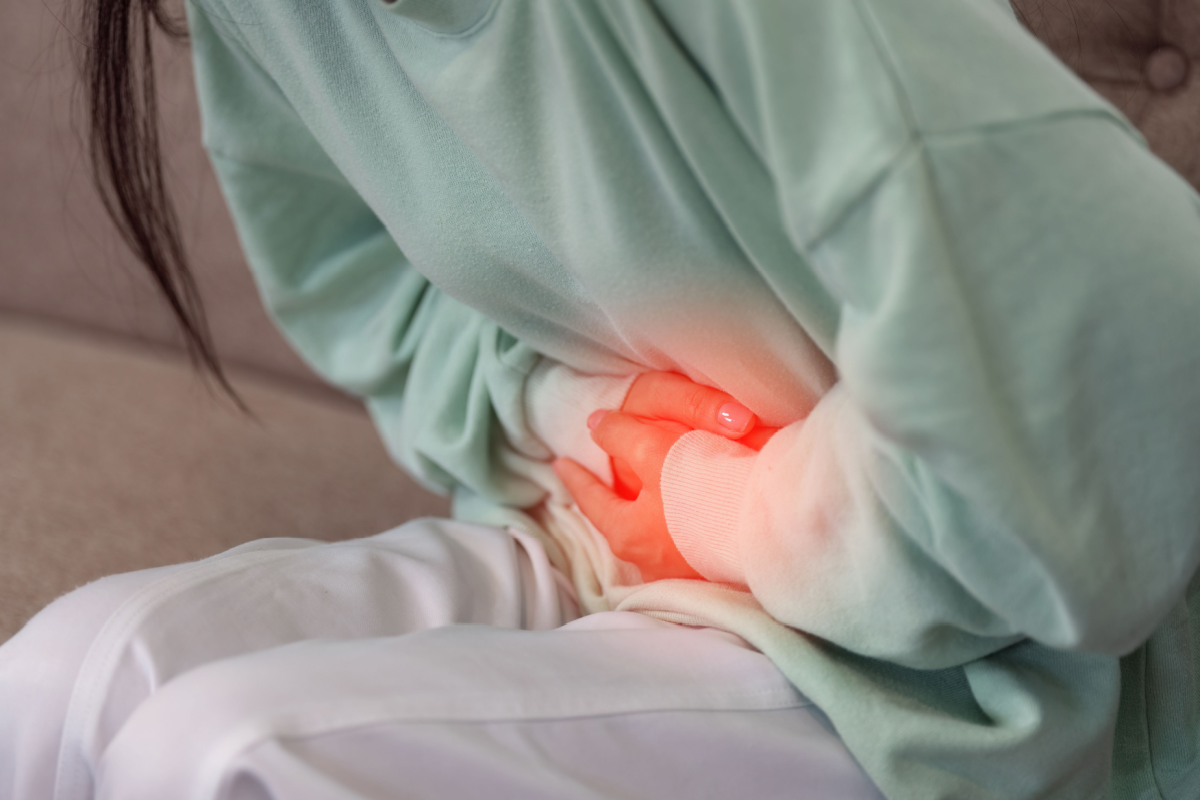Along with COVID-19 vaccine authorizations, the US Food and Drug Administration (FDA) remains committed to increasing access to COVID-19 tests and supporting their development, having authorized three new tests recently for emergency use. The products encompass molecular, antigen and T cell-based testing approaches.
The tests include a T cell-based test from Adaptive Biotechnologies — one of the first of its kind — the first at-home, non-prescription rapid molecular test from Cue Health and Quidel’s QuickVue antigen test.
Testing remains key in the pandemic, and particularly in light of the appearance of new SARS-CoV-2 variants that may be more contagious and concerning, increasing transmission risks.
While molecular PCR-based tests remain the gold standard for the detection of SARS-CoV-2 viral RNA, rapid antigen tests are useful for screening purposes. Adding to the testing repertoire is the first T cell-based test that can detect previous infection, akin to antibody tests.
1. First T-Cell Test from Adaptive Biotechnologies
Adaptive Biotechnologies’ T-Detect COVID Test is a next-generation sequencing (NGS) test that can indicate recent or prior infection with SARS-CoV-2 through detection of a T cell immune response to the virus. This is the first T cell test of its kind for the detection of COVID-19 infection.
The persistence of antibodies after both natural COVID-19 infection and vaccination continues to be an area of intense study. An often-overlooked component of adaptive immunity is T cell-mediated immunity. T cells generally confer longer lasting immunity than antibodies, which more readily wane over time.
A study published in the British Medical Journal (BMJ) reported that robust cellular immunity persists for at least six months following even mild or asymptomatic infection. Detection of specific T cell populations against SARS-CoV-2 is thus useful in the detection of infection and determining long-term immunity.
The T cell test from Adaptive Biotechnologies detects DNA sequences from T cells, specifically sequencing T cell receptors (TCR) on CD8+ T cells. The test results are assessed on Adaptive Biotechnologies’ MIRA (Multiplexed Identification of T cell Receptor Antigen Specificity) platform, which allows for the mapping of millions of TCRs to thousands of clinically relevant antigens.
A positive test means that the individual had been infected with SARS-CoV-2, while a negative test result indicates that there was no exposure to the virus. Nevertheless, the test should not be used as a standalone test and results should be used in combination with other tests, namely a molecular test, as well as clinical examination.
Moreover, a negative test result does not rule out acute or current SARS-CoV-2 infection. The FDA says that the T-Detect COVID Test should not be used to diagnose current SARS-CoV-2 infection. This is because although T cell responses may be detected in the blood several days after infection, it is unknown exactly how long they remain after infection and the level of protection provided.
The T-Detect COVID test will be a useful tool to help determine if an individual has previously suffered a COVID-19 infection. This is of particular use for people who may have experienced symptoms previously, or that may have been exposed to SARS-CoV-2 but didn’t test positive for it in other tests.
The test requires administration from a healthcare professional on samples from individuals who are 15 days or more post-symptom onset. Test analyses will be conducted at select laboratories determined by Adaptive Biotechnologies Corporation that are certified under the Clinical Laboratory Improvement Amendments of 1988 (CLIA) and meet standards to perform high complexity tests.
2. First Molecular, Non-Prescription, At-Home Test
In another first, the FDA issued an emergency use authorization (EUA) for Cue Health’s COVID-19 Test for Home and Over The Counter (OTC) Use. The diagnostic test is a molecular nucleic acid amplification test (NAAT) that is intended to detect SARS-CoV-2 viral RNA from samples collected via nasopharyngeal swabbing. The test is the first molecular test authorized for at-home use without a prescription.
The OTC, non-prescription home use test can deliver test results in approximately 20 minutes. The test involves collection of anterior nasal swab specimens using the Cue Sample Wand. The self-swab test is intended for use in adults as well as children two years of age or older who are to be swabbed by an adult. The FDA says the test can be used in both the presence and absence of COVID-19 symptoms, or for other epidemiological reasons in which COVID-19 exposure is suspected.
Samples are read on a battery cartridge reader which is connected to a health app, offering test results in just 20 minutes. Cue’s test kit consists of a single-use test cartridge, single-use nasal swab, cartridge reader and an app that can be used on smart devices such as cell phones or tablets.
Results from the mobile app can be shared and, in the future, it may be updated to include the ability for results to be reported to public health authorities to monitor disease prevalence.
“The authorization of this new diagnostic test underscores FDA’s goal to continue supporting innovation in testing and providing flexibility to test developers with the aim of increasing the availability of accurate and reliable tests for all Americans,” said acting FDA commissioner Janet Woodcock, MD. “The FDA will continue to expand Americans’ access to testing to help us in the fight against this pandemic, which has claimed over half a million lives in the United States.”
Cue’s rapid molecular at-home test was shown to correctly identify 96 percent of positive samples from symptomatic individuals, and 100 percent of asymptomatic cases. Cue Health is planning to manufacture more than 100,000 tests per day by the summer.
3. Quidel QuickVue At-Home COVID-19 Antigen Test
Quidel QuickVue’s At-Home COVID-19 antigen test was granted an EUA from the FDA last week. The rapid antigen test allows people to collect and test samples at home, or in other settings that warrant the need for rapid, on-site testing, such as large congregate settings and for the purposes of rapid contact tracing. Results are obtained quickly, on the spot, without the need for sending samples to a laboratory for analysis.
The Centers for Disease Control and Prevention (CDC) outlines the value of antigen tests for screening testing in high-risk congregate settings, particularly in instances when immediate testing is required. Given their relatively low sensitivity, repeat testing is required and diagnostic confirmation must come from a PCR-based test. Despite this, rapid antigen tests can serve as important tools in infection prevention and control measures to help prevent transmission.
Like other rapid antigen tests, Cue’s test also detects the nucleocapsid protein antigen from SARS-CoV-2, and not the more notorious spike protein of the virus. The nucleocapsid protein is touted to be an ideal target for viral antigen-based detection based on tests that can detect it with high sensitivity and high specificity.
The QuickVue At-Home COVID-19 Test requires a prescription and is authorized for home use. It involves self-collection of samples using anterior nasal (nares) swabs, indicated for individuals ages 14 and older, and individuals ages 8 and older with swabs collected by an adult. The test is to be prescribed by a healthcare provider for suspected COVID-19 cases, and administered within the first six days of symptom onset.
“The FDA continues to prioritize the availability of more at-home testing options in response to the pandemic,” said Jeff Shuren, MD, JD, director of the FDA’s Center for Devices and Radiological Health in a press announcement from the agency. “The QuickVue At-Home COVID-19 Test is another example of the FDA working with test developers to bring important diagnostics to the public.”
In addition to this new prescription home test, Quidel was also issued an EUA in December 2020 for their QuickVue SARS Antigen Test. The test is authorized for use in laboratories certified under the Clinical Laboratory Improvement Amendments (CLIA) to perform high, moderate or waived complexity tests, as well as for point-of-care testing by facilities operating under a CLIA Certificate of Waiver.
Over 300 COVID-19 Tests Approved, and Counting
So far, the FDA has authorized more than 330 tests and collection kits for various uses, users and locations to provide a wide array of test options. The agency says it has also prioritized review and authorization of EUA requests based on a number of different factors outlined in the Emergency Use Authorization of Medical Products and Related Authorities Guidance, such as the public health need for the product and the availability of the product. The goal is to expand overall testing capacity and access to tests. As such, the FDA has prioritized review of EUA requests for tests such as point-of-care (POC) tests, home collection tests and at-home tests that have the potential to increase testing accessibility or capacity.












Join or login to leave a comment
JOIN LOGIN